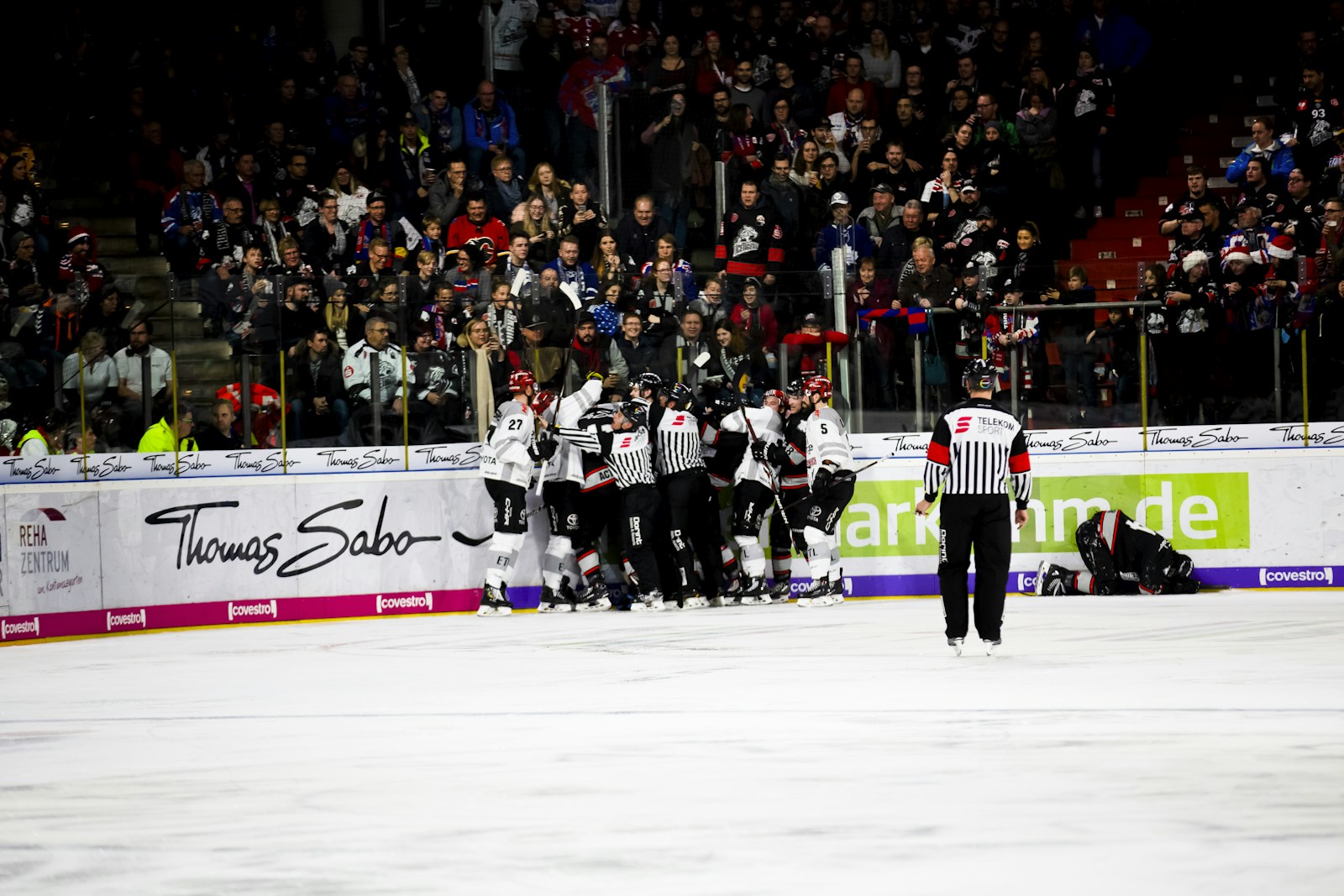
吹
chuī

blow
The Chinese term '吹' is the equivalent of the English word 'blow'. It is used in similar contexts as in English. You may use it when referring to the act of blowing air out of your mouth or blowing out a candle. Moreover, it is also applicable in context like blowing a whistle. However, be careful when using it as it may not represent all English contexts of 'blow'.
Example sentences using: 吹
她吹熄了蜡烛。
Tā chuīxīle làzhú.

She blew out the candle.
The subject, 'she', performs the action of blowing out, represented by '吹熄了', the object, 'the candle'.
我吹了一个泡泡
Wǒ chuīle yīgè pàopào.

I blew a bubble.
The subject, 'I', performs the action of blowing, represented by '吹了', the object, 'a bubble'.
床前吹落几片花。
Chuáng qián chuī luò jǐ piàn huā.

A few flowers fell by the bed.
The phrase describes the scene of a few flowers falling due to some kind of blowing action in front of the bed.
他喜欢吹口哨。
Tā xǐhuān chuī kǒushào.

He likes to whistle.
The subject, 'he', is described as having the preference, 'likes', to perform the action of 'whistling', represented here by '吹口哨'.
爸爸吹母亲的头发。
Bàba chuī mǔqīn de tóufǎ.

Father blows mother's hair.
In this sentence, the subject, 'father', performs the action of blowing, denoted by '吹', on the object, 'mother's hair'.
吹鼓手决定放弃。
Chuīgǔshǒu juédìng fàngqì.

The flautist decided to give up.
In this context, '吹鼓手' refers to a flautist. The flautist made a decision, represented by '决定', to 'give up'.
风吹过小溪。
Fēng chuīguò xiǎoxī.

The wind blew across the stream.
In this phrase, the subject, 'the wind', performs the action of blowing, represented here by '吹过', across the object, 'the stream'.
吹牛皮就是夸大其词。
Chuī niúpí jiùshì kuādà qící.

Boasting is exaggerating.
In this phrase, the action of 'boasting', called '吹牛皮' in Chinese, is equated with 'exaggerating'.
我吹破了气球。
Wǒ chuī pòle qìqiú.

I popped the balloon.
Here, the subject, 'I', is performing the action of popping, represented by '吹破了', on the object, 'the balloon'.
水手们在船头吹号
Shuǐshǒumen zài chuántóu chuī hào.

The sailors are blowing horns at the bow.
The subject, 'the sailors', performs the action of 'blowing horns', represented by '吹号', at the location 'the bow'.